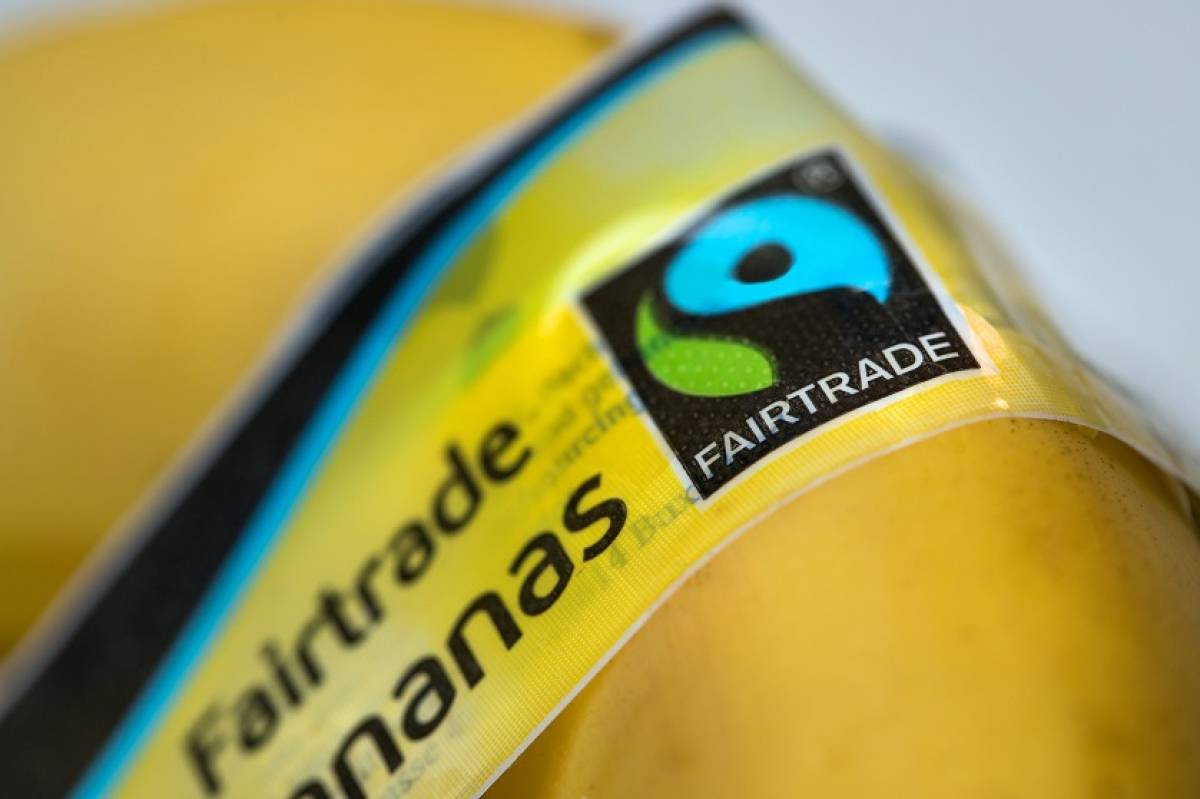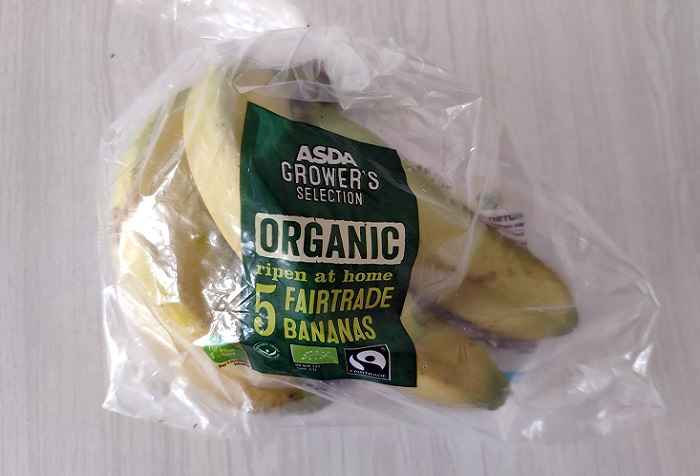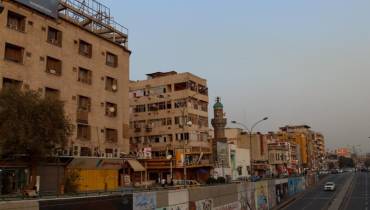The Benefits of Buying Fairtrade (And Why We Should Support It)

Fairtrade Mark on products in the UK. Photo: Tobias Arhelger/Shutterstock.
Having money and being a consumer gives us a responsibility to spend wisely and ethically, directing our money where it will benefit all included in the supply chain.
Currently, there is an important conversation around unethical businesses and their exploitation of workers and the environment. Fast fashion company Boohoo is facing a modern slavery investigation with workers earning as little as £3.50 ($4.83) an hour in Leicester — significantly lower than the UK minimum wage of £8.72 ($12.03) for ages 25 and over.
Amazon has also faced criticism due to the mistreatment of workers despite Jeff Bezos adding $13 billion to his net worth in one day. Meanwhile, Mondelēz International destroy thousands of hectares of orangutan habitat in Indonesia for palm oil since 2015.
So, what can we do to put our money where our mouth is and make a difference?
Fairtrade is the most widely recognized and globally established ethical labels, signaling if the ingredients of a product have been produced by small-scale farmer organizations that meet the Fairtrade Foundation's social, economic, and environmental standards.
It’s worth noting that products can still be completely fair trade without carrying the label to be Fairtrade-certified, like Traidcraft’s organic coffee that goes above and beyond Fairtrade Foundation’s high standards of ethical operations.
Here, we’ll explore the seven benefits that supporting Fairtrade has on all of those involved and what they mean for other people.

1. Fairtrade products aren’t expensive
According to research, more than half of consumers are willing to pay more for ethical products. And unfortunately, many companies whose primary marketing strategy is sustainable and fair practices know this, with many charging significantly higher prices to exploit shoppers who care.
There’s a common misconception that Fairtrade-certified products are expensive, however, this isn’t true. There are more than 5,000 Fairtrade-certified products that are both supermarket own labels and inexpensive mainstream brands — most supermarkets have their own certified tea and coffee. Those looking for a bargain can also find options at Aldi too, so it’s becoming easier to find our favorites.
2. Workers are in safe working conditions
The International Labour Organisation (ILO) defines child labor as work that is “mentally, physically, socially or morally dangerous and harmful to children; and interferes with their schooling by: depriving them of the opportunity to attend school; obliging them to leave school prematurely; or requiring them to attempt to combine school attendance with excessively long and heavy work.”
There are 152 million children are victims of child labor across the world. 48% are between the ages of five to 11 years, with almost half working in hazardous conditions.
Fairtrade products are made in safe and healthy working conditions, prohibiting forced labor and exploitive child labor.
Although it is impossible to guarantee that there is no child labor somewhere in the supply chain, The Fairtrade Foundation are committed to taking immediate action when necessary to protect affected children with national child protection agencies.
The Fairtrade Foundation then works with the producer organization at hand to improve their processes to prevent child labor from happening again. Failure to fix this issue then leads to suspension and decertification.
3. High-quality products
Fairtrade-certification is synonymous with high-quality goods that are often handmade, meaning there has been a great amount more of attention to detail and care, than the mass-produced high street goods we are so used to.
There is a myth that the Fairtrade Minimum Price safety net equates to there being no incentive for workers to farm high-quality coffee beans. However, high-quality produce attracts higher prices!
It’s a win-win situation — good quality products that have a positive effect on global societies.
4. You are contributing to improving worker’s lives
By simply shopping Fairtrade, you have the power to contribute to improving workers’ lives.
With easy purchase choices, farmers in developing countries get a better deal, giving them more autonomy and independence, the ability to control their future, and lead the dignified life every human being deserves.
In many countries, agreed living wage for agricultural workers doesn’t exist, allowing employers to severely underpay employees. Furthermore, large-scale producers may be struggling with low profit and consequently unable to pay a living wage.
Fairtrade-certified companies must pay sustainable wages to help combat poverty and workers from being exploited for their hard work, increasing over time to reach a living wage.
5. Fairtrade is sustainable
Environmental protection is a key element of the Fairtrade Foundation’s core principles, encouraging sustainable impact that minimizes the environmental impact.
Training is provided to farmers which can encourage and innovate environmentally friendly practices. This in turn can help mitigate climate change and protect biodiversity.
More farmers are using rainwater, planting trees, opting for biogas and renewable energy sources, and investing in appropriate pest management, organic fertilizers, and dynamic agroforestry.
6. It’s easy to get involved
When you buy Fairtrade labelled products, whether you’re always choosing the ethical option or doing so when you can, it’s easy to identify.
You don’t need to go to a specialist store to get Fairtrade-certified items — all you have to do is look for the Fairtrade Mark on products in the UK’s and other countries’ favorite supermarkets to identify that your produce has come from an ethical place.
7. The benefits are global
There are more than 1.66 million workers in 1,411 organizations across 73 countries throughout the world participating in Fairtrade-certification.

Source: Fairtrade
That’s a lot of positive impact for people in lots of different developing countries. The benefits aren’t concentrated in one area but spread far and wide.
With all these amazing societal benefits, why wouldn’t you shop Fairtrade?












![Over 50% of American Adults Have Not Read a Book in Past Year [Study]](/sites/default/files/styles/video_thumbnail_bottom/public/older-man-reading-book-in-library.jpg?itok=m7DlbWgZ)







